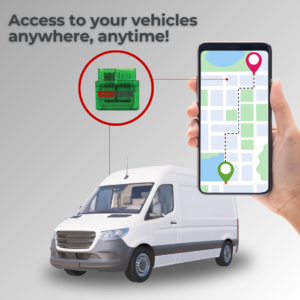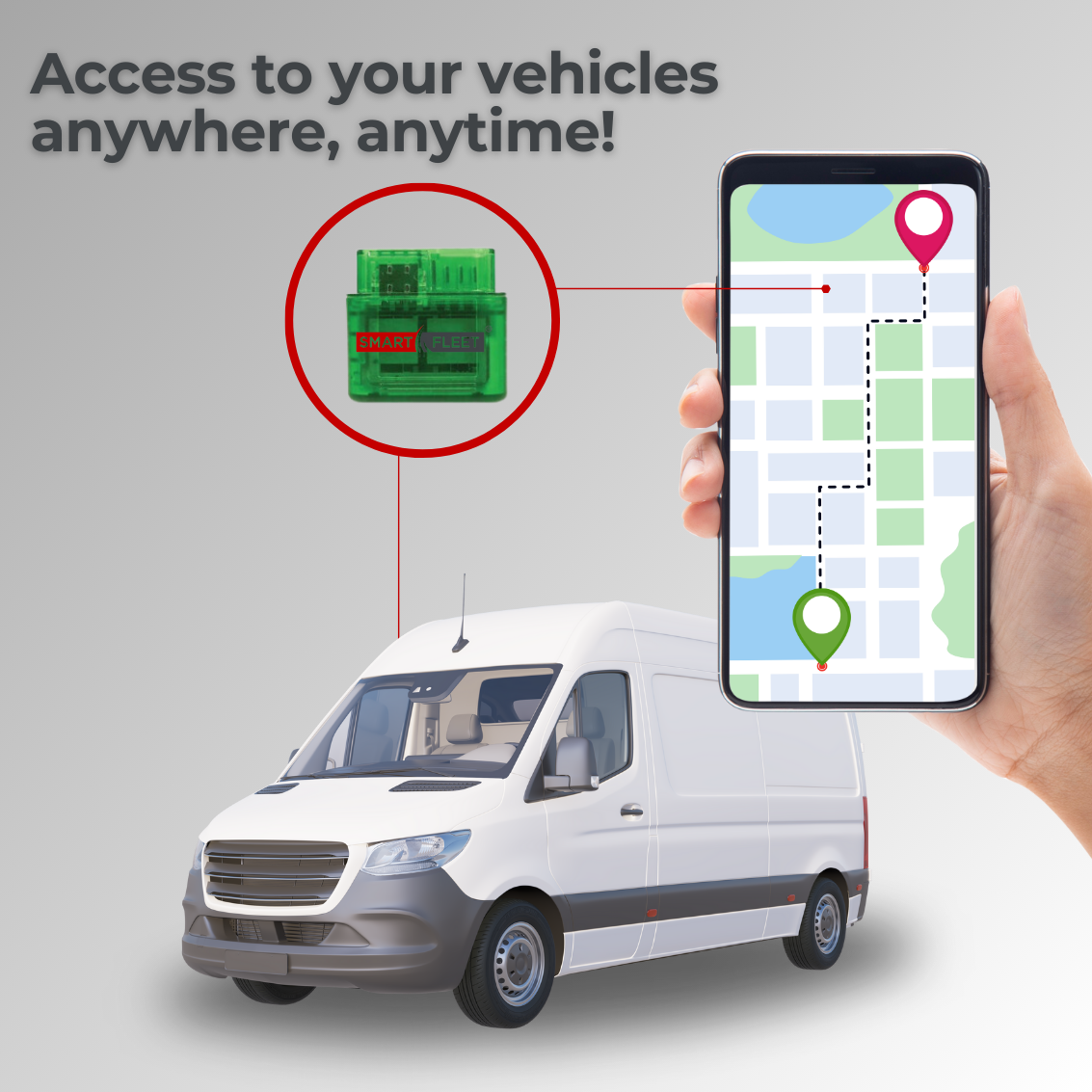You might be asking yourself, is GPS tracking really worth it? In the age of technology, businesses constantly seek ways to optimize operations and enhance efficiency. For companies that manage fleets of vehicles, GPS tracking has emerged as a powerful tool. But is it really worth the investment? Let’s delve into the benefits, costs, and overall value of GPS tracking to help you decide if it’s the right move for your company.
The Benefits of GPS Tracking
1. Enhanced Fleet Management
GPS tracking provides real-time data on vehicle locations, allowing fleet managers to monitor and manage their fleets more effectively. This visibility helps in optimizing routes, reducing fuel consumption, and improving overall efficiency.
2. Improved Safety
Safety is a paramount concern for any fleet operation. GPS tracking systems often come with features such as speed monitoring and alerts for unsafe driving behaviors. These insights enable managers to address and correct risky driving habits, thereby reducing the likelihood of accidents.
3. Reduced Operational Costs
By optimizing routes and improving fuel efficiency, GPS tracking can significantly reduce operational costs. Additionally, it can help in minimizing downtime by ensuring timely maintenance and reducing the risk of breakdowns.
4. Enhanced Customer Service
With GPS tracking, companies can provide more accurate delivery times and updates to customers. This transparency not only improves customer satisfaction but also builds trust and reliability.
5. Theft Prevention and Recovery
Vehicle theft can be a major concern for fleet operators. GPS tracking systems provide an added layer of security, allowing for quick location and recovery of stolen vehicles. This can save companies substantial amounts of money and reduce insurance premiums.
6. Regulatory Compliance
For companies in industries with strict regulatory requirements, GPS tracking can help ensure compliance. By maintaining accurate records of vehicle locations and movements, businesses can easily generate reports needed for regulatory purposes.
The Costs of GPS Tracking
While the benefits of GPS tracking are clear, it’s also important to consider the costs involved:
1. Initial Installation
The initial cost of installing GPS tracking devices in your fleet can be significant, depending on the number of vehicles and the type of system chosen. However, many providers offer scalable solutions to fit various budgets.
2. Monthly Subscription Fees
Most GPS tracking systems come with monthly subscription fees for accessing the software and data services. These fees can vary widely based on the features and level of service required.
3. Maintenance and Upgrades
Like any technology, GPS tracking systems require occasional maintenance and updates to ensure they continue to function optimally. This can add to the overall cost over time.
Is It Worth It?
Determining whether GPS tracking is worth the investment depends on several factors specific to your company:
1. Fleet Size
For companies with large fleets, the benefits of GPS tracking in terms of efficiency and cost savings can be substantial. Even small improvements in routing and fuel efficiency can lead to significant savings when multiplied across a large number of vehicles.
2. Industry Requirements
In some industries, the benefits of GPS tracking go beyond operational efficiency. For example, companies in the logistics and delivery sector can greatly enhance customer service through accurate tracking and real-time updates.
3. Safety and Security Concerns
If your company operates in high-risk areas or has experienced issues with theft or unsafe driving behaviors, the safety and security benefits of GPS tracking can be particularly valuable.
4. Cost-Benefit Analysis
Conducting a thorough cost-benefit analysis can help you determine the potential return on investment for your specific situation. Consider the initial and ongoing costs of GPS tracking against the anticipated savings in fuel, maintenance, insurance, and operational efficiency.
 So, is GPS Tracking Really Worth It?
So, is GPS Tracking Really Worth It?
In conclusion, GPS tracking offers numerous benefits that can enhance fleet management, improve safety, reduce operational costs, and boost customer service. While there are costs involved, the potential savings and efficiencies gained can make it a worthwhile investment for companies.
To decide if GPS tracking is right for your company, consider your specific needs, industry requirements, and conduct a detailed cost-benefit analysis. By weighing the pros and cons, you can make an informed decision that aligns with your business goals and operational priorities.
Ultimately, for many companies asking themselves “is GPS Tracking really worth it?”, GPS proves to be a valuable tool that pays for itself through improved efficiency, safety, and customer satisfaction.
Book a meeting with us to learn if GPS is right for you
Learn more about GPS Tracking:
Common Operational Blind Spots You Can Resolve with GPS Tracking
Maximizing Efficiency with FieldPulse Fleet Tracking
Fleet Safety Enhancements using Driver Scorecards and Coaching Videos

